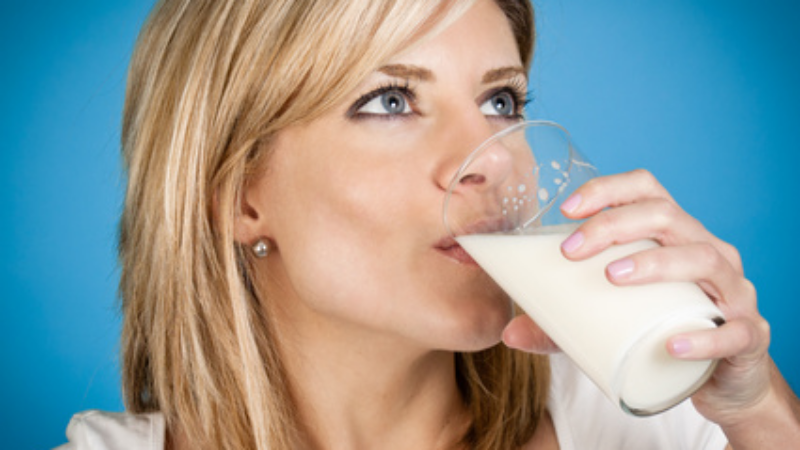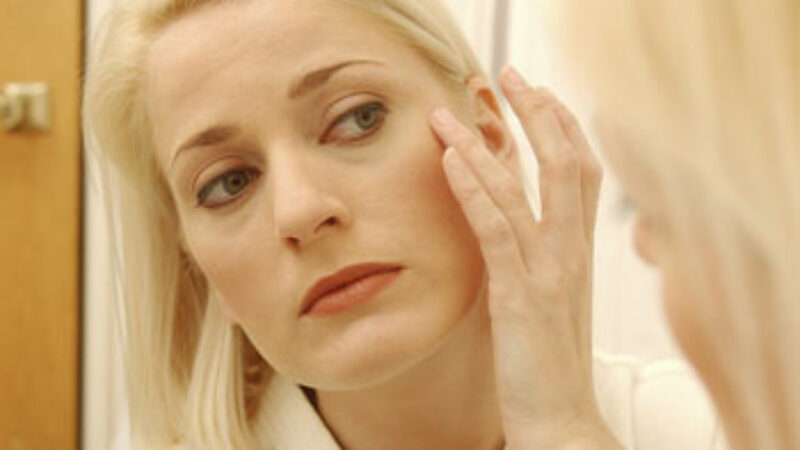There is some debate over the true meaning of anti-aging and depending on who you ask, you will get many different answers. The Merriam-Webster dictionary takes a medical viewpoint and defines anti-aging as “used or tending to prevent or lessen the effects of aging.” This could include the detection, prevention and treatment of age-related diseases. The Cambridge dictionary takes a broader, more scientific approach and states “Anti-ageing substances are intended to prevent or limit the process of becoming old.” As aging is a natural process, lifestyle factors such as diet and exercise as well as reducing stress could also be considered anti-aging.
In the cosmetic and skincare world, anti-aging falls more in line with the definition given in the Oxford dictionary: “Of a product or technique designed to prevent the appearance of getting older.” In fact, there are generally accepted 7 signs of aging:
- Fine lines and wrinkles
- Uneven skin tone
- Loss of elasticity/sagging
- Age/sun spots
- Dull complexion
- Uneven skin texture
- Enlarged pores
Some of these changes are intrinsic – a result of the passage of time or genetics – things over which we have little or no control. Other signs of aging are due to extrinsic factors such as unprotected sun exposure or neglecting the basics of skin care like cleansing and moisturizing each night. Thankfully, we can exert some influence over extrinsic factors.
Regardless of why your skin ages, thankfully there are many products and active ingredients that we can use to minimize the signs of aging:
Retinoids: It is no secret that retinoids are stars in the world of anti-aging skin care. Retinoids get rid of fine lines and wrinkles, unclog pores so that they are less visible, lighten dark spots, exfoliate, eliminate blemishes and increase the production of collagen. Is there anything that retinoids cannot do? If you’re looking for a gentle way to introduce retinoids to your skin, consider Apothekari A is for Anti-Aging Retinal Serum. It contains retinaldehyde, the least irritating yet extremely effective form of Vitamin A.
Sunscreen: Whether you use a dedicated sunscreen or one that is combined with a moisturizer, it’s essential to choose a stable, broad-spectrum formulation every day, rain or shine, summer or winter. The UVA rays that cause photoaging (as opposed the UVB ones that cause burning) are just as strong in the warm seasons as in the cold ones. Although prevention may be the best policy, a recent study has shown that it’s never too late to start. Our favorite winter-wonder is Anthelios KA SPF 50+, the perfect blend of hydration and sun protection.
Alpha hydroxy acids: Exfoliators like glycolic acid, malic acid and mandelic acid work to slough away the old, dead skin cells in order to reveal the newer, more youthful skin underneath. They also work to remove the barrier that may slow or stop the absorption of other skin treatments like serums and moisturizers. Canadian cosmeceutical company Reversa recognizes that aging skin isn’t limited to the face; their Skin Smoothing Body Lotion contains 10% glycolic acid to deal with rough, dry skin on the hands and body that can make us look older than we are.
Antioxidants: The primary function of antioxidants is to prevent damage by neutralizing free radicals. Used regularly, an antioxidant serum can reduce premature aging of the skin. Skin will profit by becoming noticeably brighter, firmer, more evenly toned, and healthier. Vitamin C is a powerful and popular antioxidant that’s used in serums, creams and lotions. We’ve made it our star ingredient in Apothekari Bespoke Vitamin C Serum, a made-to-order treatment that blends an arsenal of other highly effective antioxidants in order to reap the most benefits.
When it comes to anti-aging, it’s best to keep an open mind, which is why I’m hoping to find an anti-aging silk pillowcase and anti-aging tickets to a relaxing holiday under the tree this Christmas. All in the name of research, of course.




